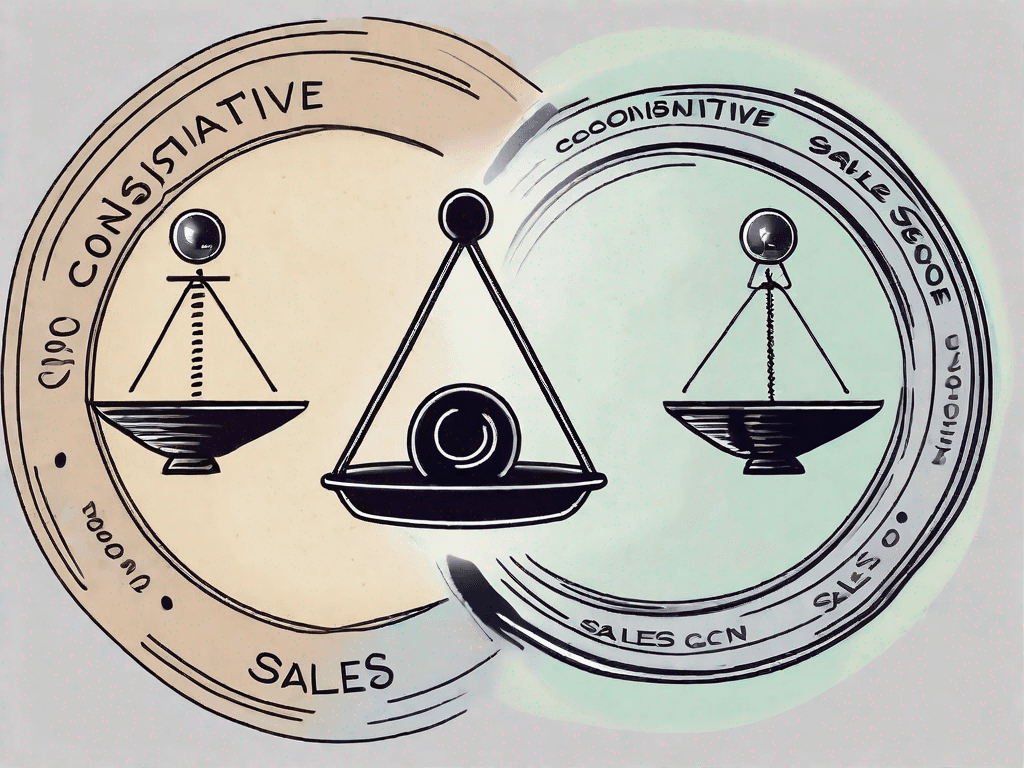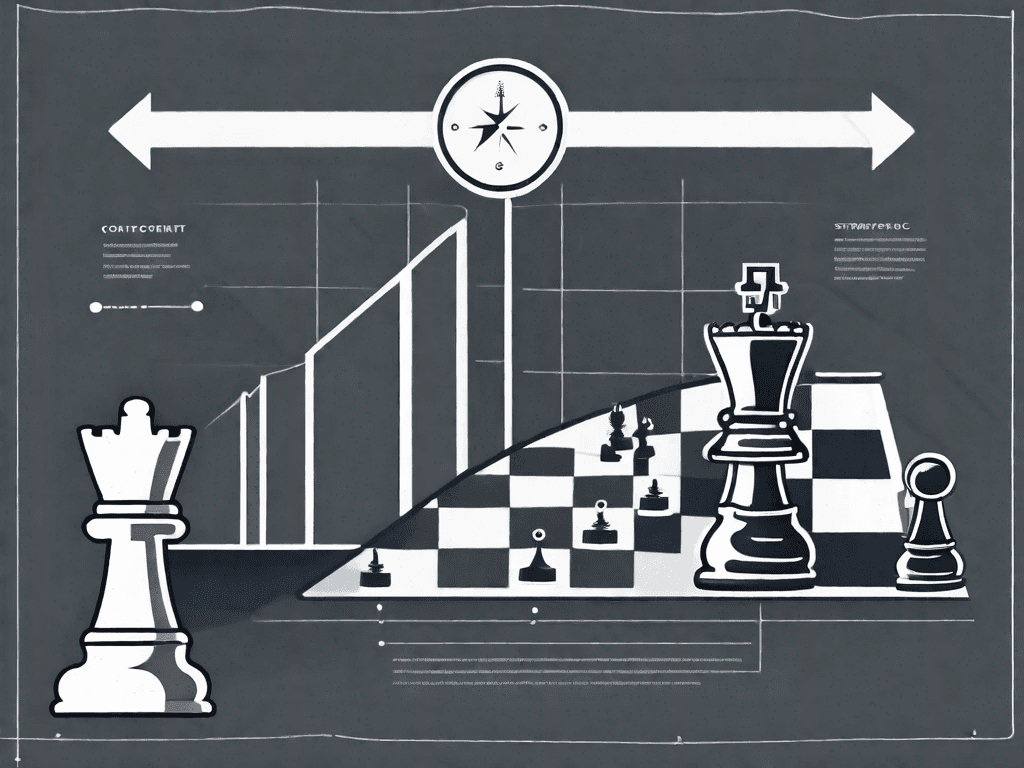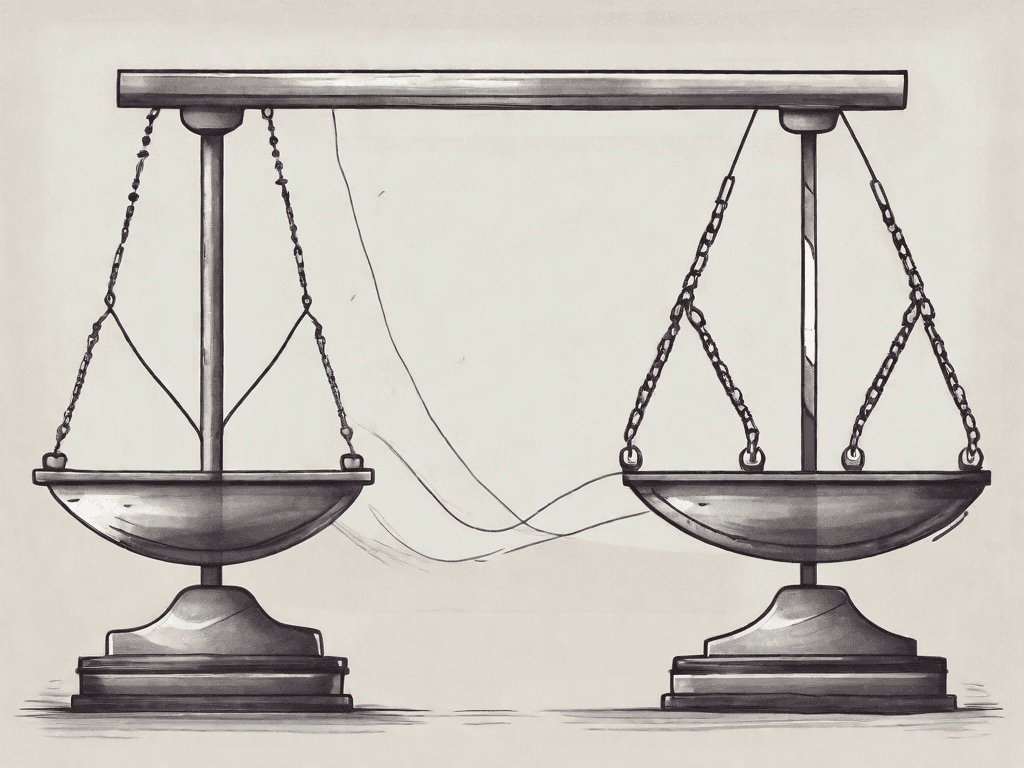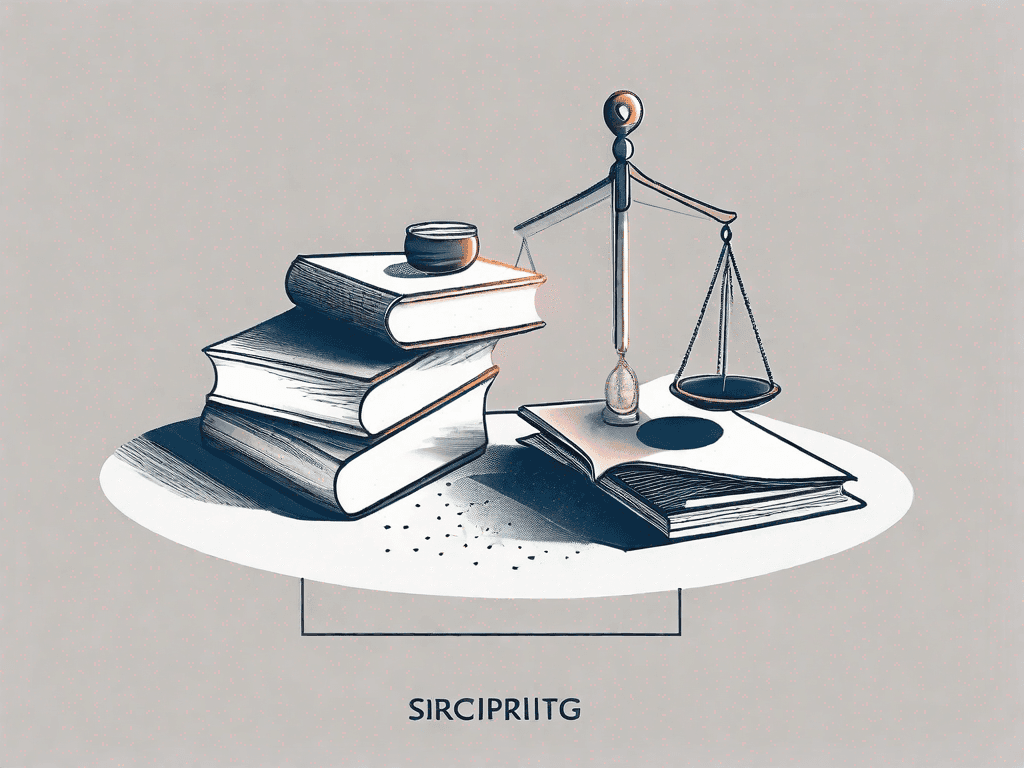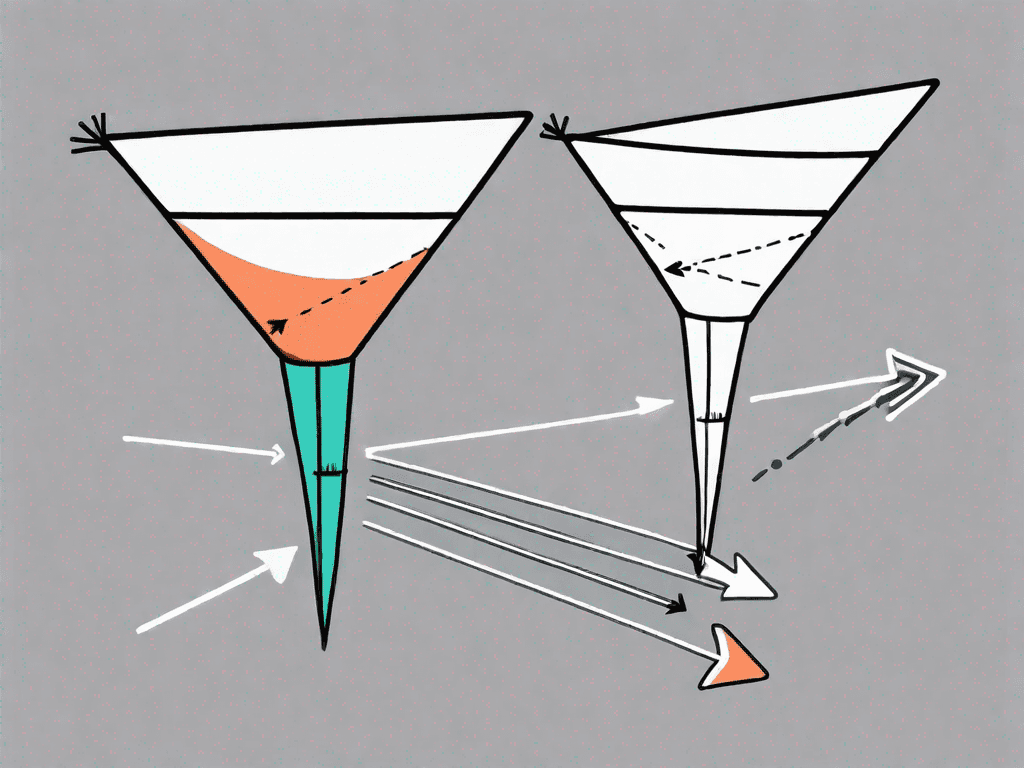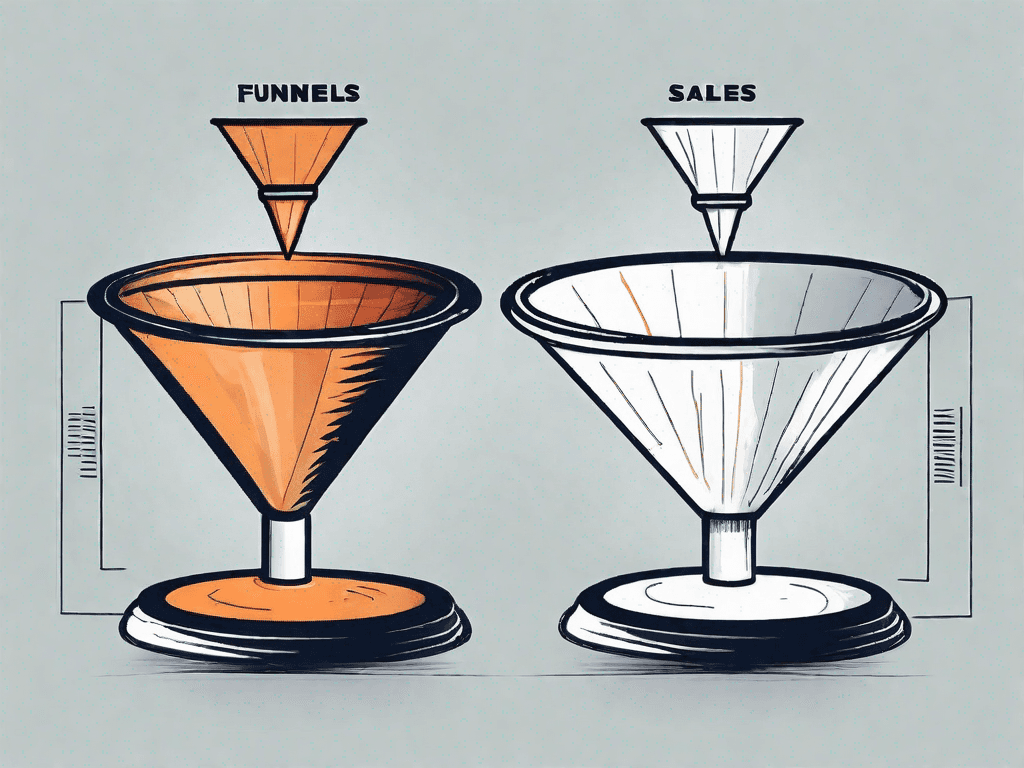
Consultative Sales vs. Consultative Negotiation: What's the Difference?
In the world of business, effective communication and negotiation skills are essential for success. Two key strategies that businesses employ are consultative sales and consultative negotiation. While these terms may appear similar, they have distinct differences that set them apart. Understanding these differences can help businesses determine the best approach for their specific needs.
Defining Consultative Sales and Consultative Negotiation
1.1 What is Consultative Sales?
Consultative sales is an approach to selling that focuses on building strong relationships with customers. It goes beyond simply pitching products or services and instead involves a deep understanding of the customer's needs, challenges, and goals. By taking the time to listen and empathize, sales professionals can provide personalized solutions and recommendations that truly address the customer's unique situation.
In consultative sales, the salesperson acts as a trusted advisor rather than a pushy salesperson. They take on the role of a problem solver, asking probing questions to uncover the customer's pain points and then tailoring their pitch accordingly. By doing so, they can create value for the customer by presenting products or services that directly address their specific needs.
One key aspect of consultative sales is the ability to build rapport and trust with customers. This involves active listening, effective communication, and a genuine interest in understanding the customer's perspective. By establishing a strong relationship, sales professionals can become a valuable resource for customers, helping them make informed decisions and achieve their desired outcomes.
1.2 What is Consultative Negotiation?
Consultative negotiation, on the other hand, is a strategic approach to reaching mutually beneficial agreements. It recognizes that negotiation is not about winning at the expense of the other party, but rather finding a solution that satisfies the interests and concerns of all parties involved.
Consultative negotiation starts with active listening and effective communication. It involves understanding the underlying needs, motivations, and constraints of each party. By taking the time to listen and empathize, negotiators can uncover common ground and identify areas where compromises can be made.
During the negotiation process, consultative negotiators aim to find creative solutions that satisfy the needs and goals of both parties. This requires a collaborative mindset, where the focus is on problem-solving rather than positional bargaining. By exploring different options and considering the interests of all parties, consultative negotiators can often find win-win solutions that create value for everyone involved.
Building and maintaining trust is a crucial aspect of consultative negotiation. By demonstrating integrity, transparency, and a commitment to fairness, negotiators can foster an environment of trust and cooperation. This allows for open and honest communication, making it easier to address conflicts and find mutually acceptable solutions.
In summary, consultative sales and consultative negotiation are both approaches that prioritize building strong relationships, understanding the needs of the other party, and finding mutually beneficial solutions. By adopting these approaches, sales professionals and negotiators can create value, build trust, and achieve successful outcomes.
What's the Difference between Consultative Sales and Consultative Negotiation?
While consultative sales and consultative negotiation share some similarities, they differ in their primary objectives and focus.
Consultative sales primarily focuses on identifying and addressing the customer's needs. The goal is to provide solutions that align with the customer's goals and challenges. The sales professional takes on the role of an expert advisor and guides the customer towards making a purchase.
During the consultative sales process, the salesperson engages in active listening to understand the customer's pain points and requirements. They ask probing questions to gather relevant information and gain a comprehensive understanding of the customer's situation. By doing so, they can tailor their approach and present the most suitable products or services to meet the customer's needs.
Moreover, consultative sales professionals often conduct thorough research on the customer's industry and competitors. This allows them to provide valuable insights and recommendations, positioning themselves as trusted advisors. By building a relationship based on trust and expertise, consultative sales professionals aim to establish long-term partnerships with their customers.
On the other hand, consultative negotiation focuses on finding mutually beneficial agreements between parties. The emphasis is on understanding the interests and concerns of all parties involved and finding common ground. Consultative negotiators aim to build relationships and maintain trust throughout the negotiation process.
Consultative negotiation involves a collaborative approach where both parties engage in open and transparent communication. Negotiators actively listen to each other's perspectives and work towards finding creative solutions that satisfy everyone's needs. This approach fosters a win-win mindset, where both parties feel valued and satisfied with the outcome.
In consultative negotiation, negotiators invest time in building rapport and understanding the motivations and objectives of the other party. This helps them identify potential areas of agreement and explore options that meet the interests of all parties involved. By focusing on building relationships and maintaining trust, consultative negotiators create a foundation for future collaborations and successful partnerships.
Overall, while consultative sales and consultative negotiation share the common goal of understanding customer needs and building relationships, they differ in their specific objectives. Consultative sales aims to provide tailored solutions to customers, while consultative negotiation seeks mutually beneficial agreements between parties. Both approaches require effective communication, active listening, and a focus on building trust and rapport.
Examples of the Difference between Consultative Sales and Consultative Negotiation
2.1 Example in a Startup Context
Imagine a startup that is looking to collaborate with a technology vendor. In consultative sales, the startup's representative would meet with the vendor's sales team to discuss their specific needs and challenges. The sales professional would then present a customized solution that addresses these needs. In consultative negotiation, the startup and the vendor's representatives would engage in discussions to find mutually agreeable terms and conditions for the collaboration. The focus would be on reaching an agreement that benefits both parties.
2.2 Example in a Consulting Context
A consulting firm is pitching their services to a potential client. In consultative sales, the consultant would thoroughly understand the client's goals and challenges, and then present a tailored proposal that outlines how their services can meet those needs. In consultative negotiation, the consulting firm and the client would negotiate the terms of the engagement, including project scope, deliverables, and pricing. The negotiation would be focused on finding a mutually beneficial arrangement for both parties.
2.3 Example in a Digital Marketing Agency Context
A digital marketing agency is in discussions with a prospective client. In consultative sales, the agency representative would gather information about the client's target audience, marketing objectives, and current challenges. They would then present a personalized marketing strategy that addresses these specific needs and goals. In consultative negotiation, the agency and the client would negotiate the terms of the engagement, such as contract duration, pricing, and performance metrics. The negotiation would aim to find a mutually beneficial agreement for both parties.
2.4 Example with Analogies
To further illustrate the differences between consultative sales and consultative negotiation, let's consider analogies. Consultative sales is like a tailor who takes precise measurements of a customer and crafts a bespoke suit that fits perfectly. The focus is on meeting the customer's specific needs and providing a personalized solution.
On the other hand, consultative negotiation is like a mediator who listens to the concerns of both parties and helps them find common ground. It's akin to finding a win-win solution where all parties involved feel heard and their interests are addressed.
Overall, consultative sales and consultative negotiation are distinct approaches that businesses can employ to establish strong relationships and achieve mutually beneficial outcomes. Understanding the differences between these strategies allows businesses to determine the most suitable approach for their sales and negotiation processes.










































